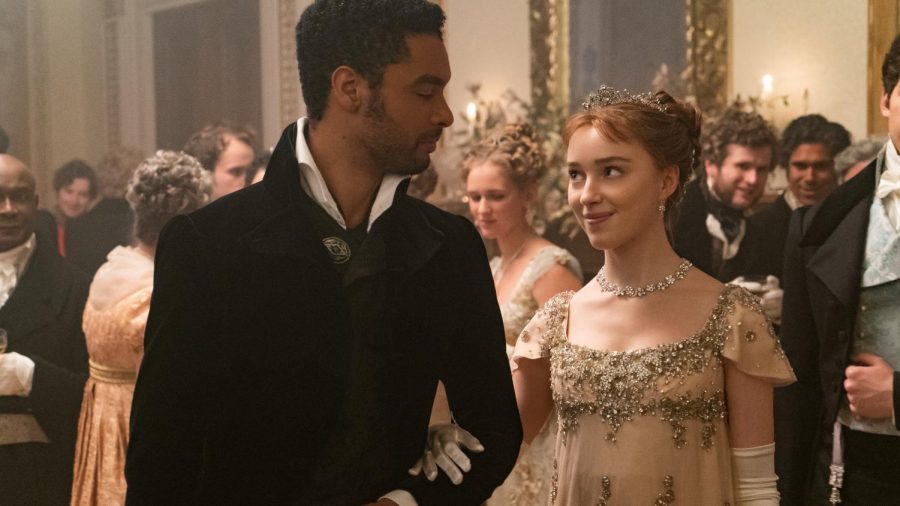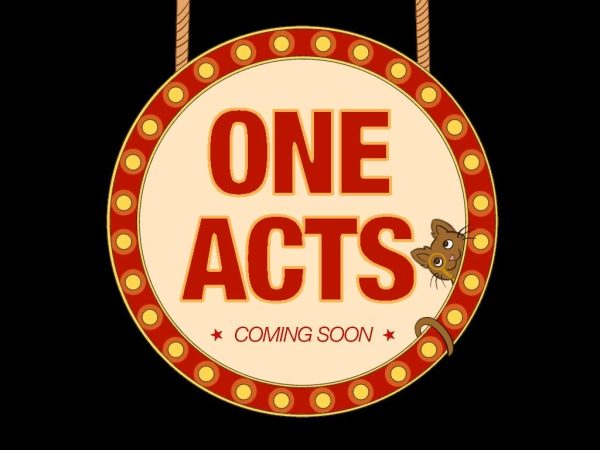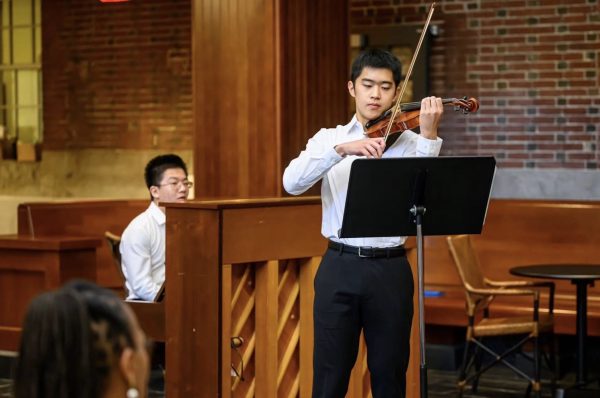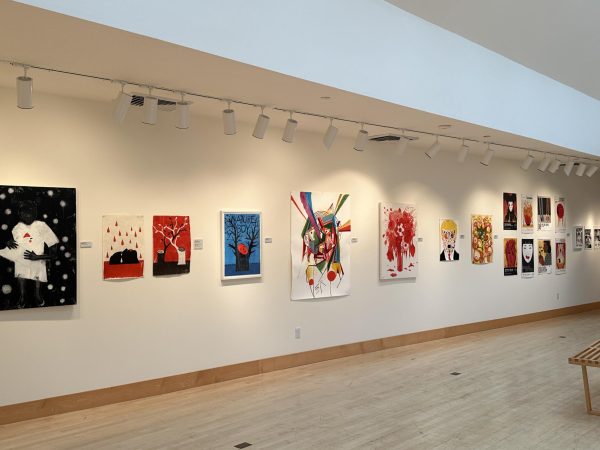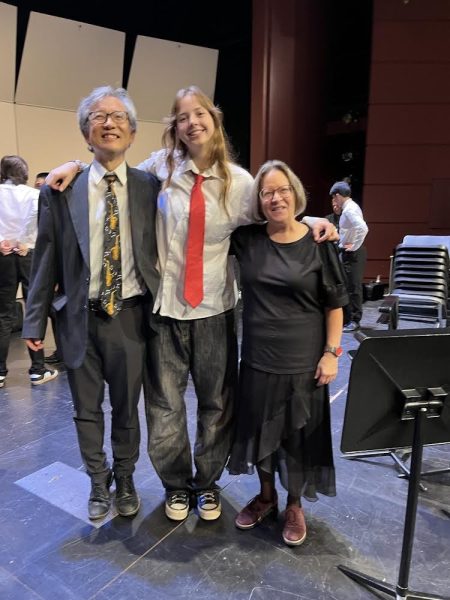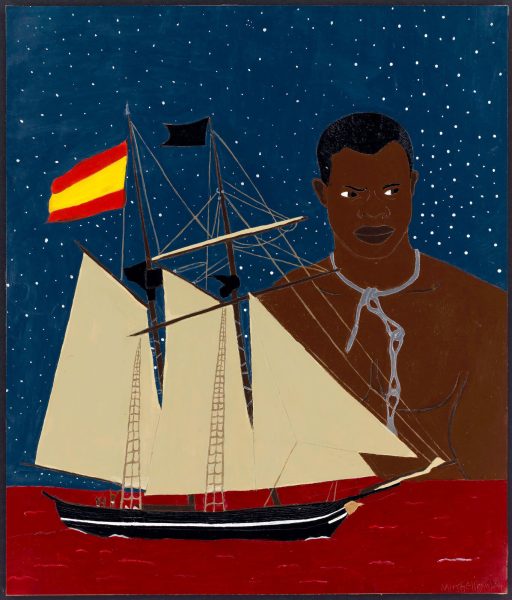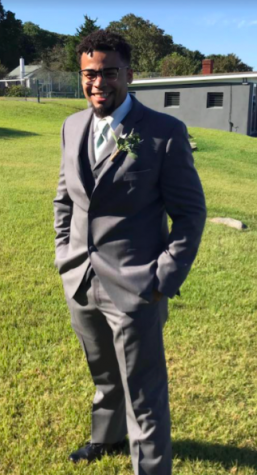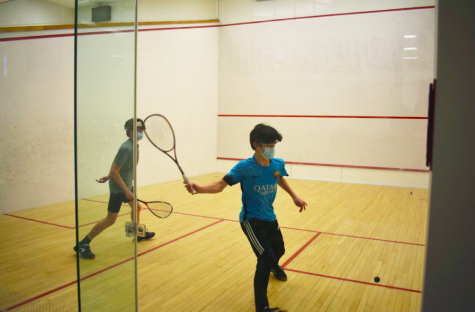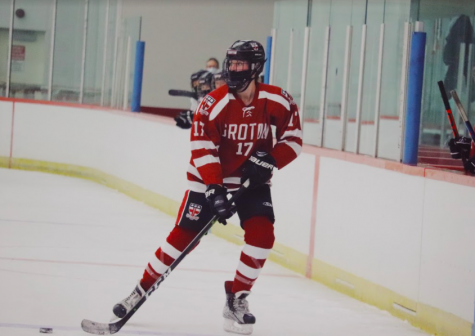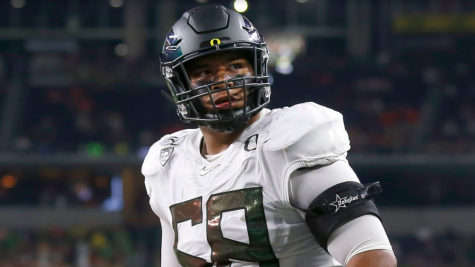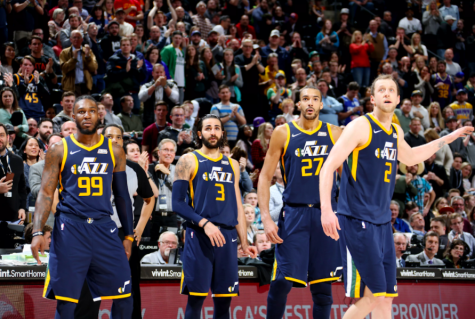Bridgerton – The Allure of Decorum During the Pandemic
There are many aspects of Bridgerton, a recent Netflix Originals hit based on Julia Quinn’s novel series of the same name, that make it a charming and enticing series. Perhaps it’s the Regency era setting of the show that captivates the audience with beautiful sets, extravagant costumes and balls, and fierce competition between young women seeking husbands. Perhaps it’s the busybody Gossip-Girl esque narration by the one and only Julie Andrews. Or perhaps it’s the hilarious yet moving string-quartet renditions of modern pop songs from Ariana Grande’s “Thank U, Next” to Billie Eilish’s “Bad Guy.” Whichever it is, Bridgerton is filled with wonderful surprises that keep viewers entertained in a dark time of lockdowns and pandemics, while also addressing issues such as race and gender discrimination that still persist today.
In the show, main character Daphne Bridgerton (Phoebe Dynevor), the up and coming “diamond” of the season, navigates the complex world of courtship in the British upper class as she tries to find a wealthy, appropriate husband. She battles other conniving girls and unwelcome suitors in an 19th century love arena presided over by an ever-displeased Queen Charlotte (Golda Rosheuvel), the biracial queen sitting at the top of the hierarchy.
Bridgerton is the perfect escapist show. At a time when we are forcibly confined inside and can only make limited contact with friends and family, movies and TV shows are often an easy way to catch a break from our bleak reality. Bridgerton certainly does this; vibrant costumes and characters transport the audience into a different time period when characters were more concerned with the trivial things in life, such as whether their dress will be ready in time for a ball, or whether enough suitors are lining up outside their doors. Escape sells well. Over 63 million households have watched Bridgerton, according to Netflix. With the occasional explicit and raunchy scenes to keep the storyline spicy and interesting, Bridgerton can be enjoyed by the young and the old.
Even with its lighthearted aspects, Bridgerton also portrays more serious underlying themes addressing race and the roles of women and men in society. A signature of producer Shonda Rhimes, the racially diverse cast of Bridgerton is a refreshing and clear effort to have more representation in film. As the show explains, the racially integrated period drama was a result of the mixed race of Queen Charlotte, a nod to the real-life Queen Charlotte of Mecklenburg-Strelitz. Bridgerton describes the union of races as the result of love. The show also features Phoebe Dynevor as a headstrong protagonist who tries her best to navigate society’s expectations for a young, attractive woman seeking an eligible husband. Characters frequently discuss the rights of men and women, and various conflicts arise during the show when it comes to the duties of daughters and sons.
In short, Bridgerton has it all: a romance-driven, racially integrated period drama that incorporates themes from Gossip Girl balanced with more nuanced themes of race and gender in society. Especially in a pandemic, the show’s message of how love can overcome all is resonant and positive. At a time when everybody is missing day-to-day human interactions, a show that covers interactions in such an extravagant way is an unsurprising success.


